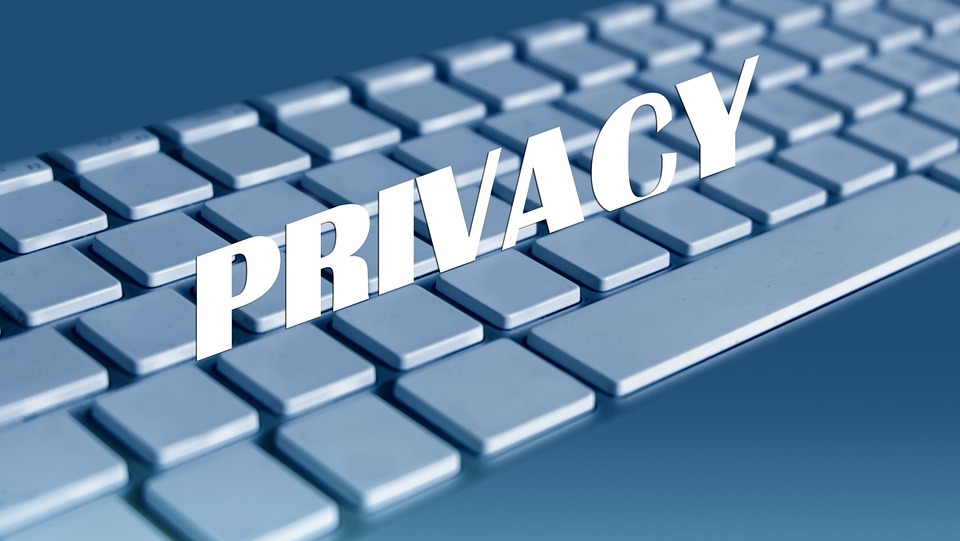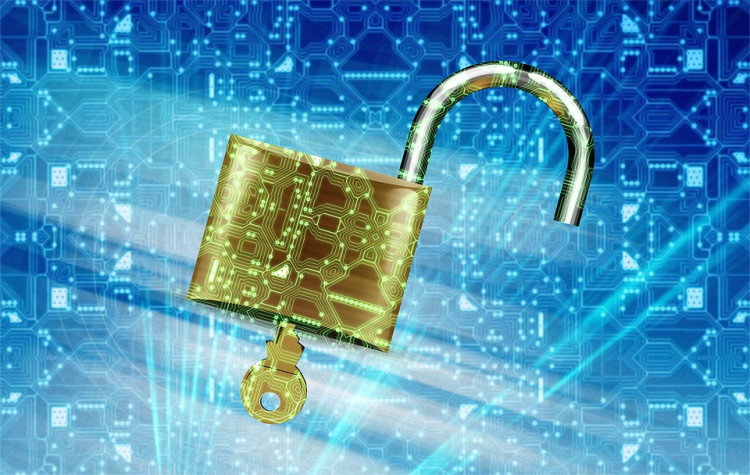In our ever-connected world, the importance of cybersecurity is emphasized given our reliance on technology. However, as technology advances, so does its threats.
The fact remains that there are still plenty of things that can be done to protect individual and organizational security online from potential breaches.
In this article, we examine the current trends in cybersecurity in the coming year.
Artificial Intelligence Will Start Being Used (Both Ways)
You can see the adoption rate of artificial intelligence in different industries, and cybersecurity is one that both benefits and is threatened by it. There is no doubt that we will be implementing cybersecurity protocols with AI to neutralize attempts at data breaches and malicious attacks. However, this works both ways.
Some researchers are concerned that what used to be expensive attacks from rogue programmers can now be done at a fraction of the cost. AI will allow sophisticated attacks to originate from even the simplest of scams.
The good news is that the good guys will also be able to simulate attacks using AI to better secure networks and tech infrastructure.
5G Attacks are Something We Should Prepare For
5G is the hottest thing in network connectivity right now. It also means that unscrupulous individuals have a market that they can turn into their playing field. According to IDC, network infrastructure revenue is projected to hit $26 Billion In 2022. It's a growing industry, indeed, but we need to start taking steps to enhance our security.
Compared to 4G, 5G is capable of transmitting large amounts of data and hyper-fast networks. There'll be new methods for us and IoT devices to connect to, new protocols to adapt to, and new systems.
However, the problem with new systems is that it's unchartered territory making it harder to predict attack vectors from would-be attackers.
Standardized Two-Factor Authentication for Log-Ins
Two-factor authentication is becoming a standard with a growing adoption rate. Tech giants such as Facebook and Google, allowing it to be an option for increased site log-in security. By having to provide a secondary means of verifying account entry, it creates another layer of protection for people who want to prevent unauthorized access to their accounts.
One of the biggest drivers of this change is banking institutions whose clients are most at risk if unscrupulous individuals breach their mobile or online banking information. It's not the most convenient system, but it's a system that helps prevent most forms of phishing.
According to research done by Google, only ten percent of their email users have enabled two-factor authentication (2FA). Microsoft is also stating that the number of organizations that do business with them are starting to adopt the 2FA system for increased security.
We should see more forms of multi-factor authentication come into play in the next coming years.
Supply Chain Attacks Could Increase and Become Catastrophic
The problem with supply chain attacks is that they originate from what would be legitimate pieces of software from reputable vendors. Users who trust the vendor will then install the software into their systems, and attackers will gain an entry point.
The issue with this is there will be times where the software vendor won't know that their legitimate software is hijacked. It's expected that an increased amount of spending in cybersecurity will soon become the norm for larger enterprises.
It's not only just software that's a target even infecting a particular chip in hardware that's being sold could be compromising to the end-user. It's expected that security is already tightening up during the time of this writing as threats continue to become more prevalent.

Cybersecurity predictions for 2020
Privacy Will Continue to Remain an Issue
People are growing even more concerned about their privacy online. We have the recent find on Facebook, the GDPR being implemented by the EU last year, and even the U.S. Congress is increasingly concerned, too.
We are looking at more legislation protecting user privacy being pushed forward to defend our human rights and civil liberties. Law takes time, and we are yet to see them fully gain momentum.
In this day and age, our privacy and safety continue to be compromised. We must remain ever-vigilant in our stand against people who are trying to compromise our digital security. There's no substitute to increased vigilance and being careful, even if it's just implementing 2FA, will be more than worth it at the end of the day. Staying secure doesn't require too much effort.






